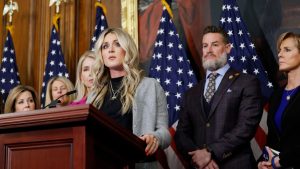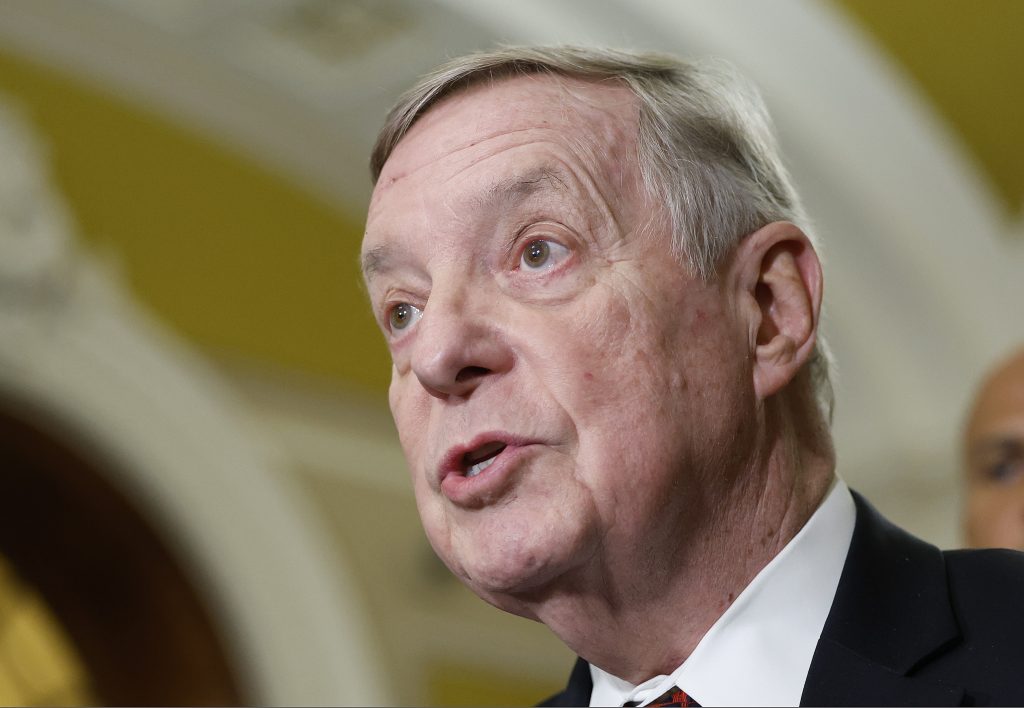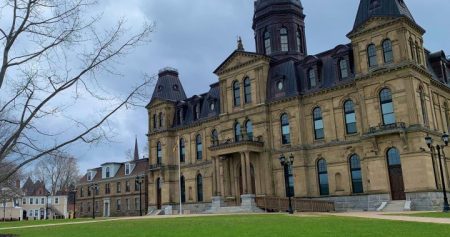The presidential pardon granted to Hunter Biden by his father, President Joe Biden, has ignited a firestorm of controversy, raising questions about fairness, political motivations, and the potential abuse of executive power. The pardon, remarkably broad in its scope, covers not only Hunter Biden’s federal felony convictions for gun and tax offenses but also any potential offenses committed between 2014 and 2024. This expansive nature, coupled with President Biden’s prior assurances that he would not intervene in his son’s legal troubles, has fueled accusations of hypocrisy and preferential treatment. Critics, including some within the Democratic party, argue that the pardon undermines public trust in the justice system and reinforces the perception that the powerful operate under a different set of rules. Senator Michael Bennet of Colorado, for example, publicly criticized the decision, asserting that it prioritized personal interests over presidential duty and further eroded faith in the impartiality of the legal system.
Senator Dick Durbin, a long-time friend and staunch supporter of President Biden, defended the pardon, framing it as an act of paternal love and protection. During an interview with CNN’s Jake Tapper, Durbin emphasized the president’s deep affection for his children and the personal ordeals they have endured, including the tragic loss of his first wife and daughter, and the subsequent health struggles of his sons, Beau and Hunter. Durbin argued that the pardon should be viewed through the lens of a loving father striving to shield his child, suggesting that such a perspective contextualizes the president’s decision. While acknowledging Senator Bennet’s concerns and the president’s previous pledge not to intervene, Durbin maintained that the pardon stemmed from a place of parental devotion rather than political expediency.
President Biden himself justified the pardon, asserting that his son was unfairly targeted due to their familial relationship. In his official statement, he reiterated his commitment to non-interference in Justice Department matters, claiming that he upheld this promise despite witnessing his son face what he perceived as selective and unjust prosecution. He maintained that an objective review of the facts surrounding Hunter Biden’s cases would inevitably lead to the conclusion that he was singled out solely because of his father’s position. Appealing to the public’s understanding, President Biden expressed hope that Americans would recognize the motivations behind his decision, framing it as a father’s attempt to protect his son.
The controversy surrounding Hunter Biden’s pardon is further complicated by the precedent set by previous administrations, particularly that of former President Donald Trump. During his presidency, Trump issued numerous pardons, some of which sparked similar accusations of self-serving motives and disregard for the rule of law. Critics, including then-Representative Adam Schiff, argued that Trump’s pardons, particularly those granted to individuals closely associated with him, constituted an abuse of power and obstruction of justice. CNN’s Jake Tapper highlighted this apparent contradiction, pointing out that Democrats had vehemently criticized Trump’s pardons as a blatant disregard for legal norms, while now seemingly condoning a similar action by President Biden.
Senator Durbin countered this argument by emphasizing that President Biden had retained a Trump-appointed U.S. attorney in Delaware to investigate his son, demonstrating a commitment to impartiality. This refers to David Weiss, the special counsel who oversaw Hunter Biden’s gun and tax cases. Despite the pardon, Weiss has requested that the court not dismiss the charges against Hunter Biden, arguing that the president’s son had falsely claimed improper motives behind the prosecution and that such claims are baseless and unsupported by legal precedent. This move by the special counsel further complicates the narrative surrounding the pardon, suggesting that even within the Justice Department, there are differing views on the appropriateness of the president’s intervention.
The Hunter Biden pardon undeniably presents a complex ethical and political dilemma. While proponents emphasize the president’s prerogative to grant pardons and the personal motivations behind this particular decision, critics argue that it undermines the principle of equal justice under the law and erodes public trust in the integrity of the executive branch. The contrasting perspectives on this issue highlight the inherent tension between presidential power, familial obligations, and the pursuit of justice, a tension that continues to fuel debate and shape public perception of both the Biden administration and the justice system as a whole. The long-term implications of this pardon, both legally and politically, remain to be seen, but the controversy it has generated underscores the ongoing struggle to balance personal considerations with the demands of public office.










